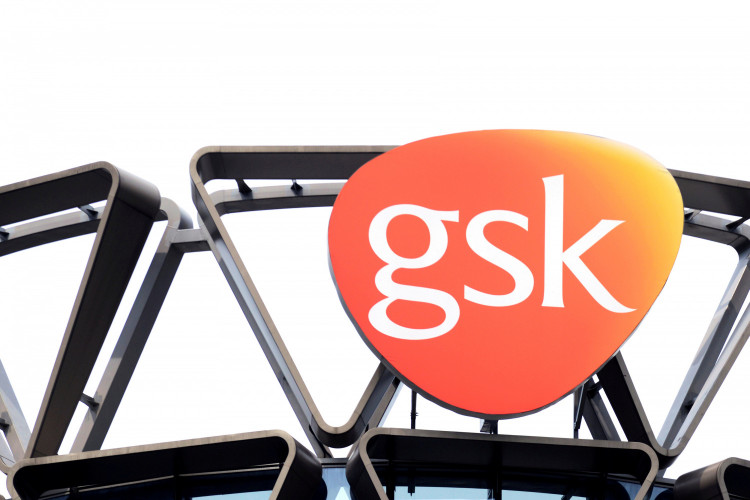Investors are largely pushing back against Unilever's plans to acquire GSK's consumer health unit for $95 billion. The investor backlash has sent the company's share price to its lowest level in nearly five years, indicating a loss of confidence in the company's management and business direction.
One investor told the Financial Times that he was very much against the deal and he would be voting against it during the next meeting. GSK and Pfizer, who collectively hold a 32% in the consumer health unit, had refused the bid and are reportedly holding out for a higher offer from Unilever. Other investors have called the bid a clear sign of desperation and completely unjustifiable.
GSK said over the weekend that it found Unilever's offer inadequate as it "fundamentally undervalued" the business. Some GSK shareholders also expressed skepticism over the deal. Royal London Asset Management said it supports the rejection of the bid, which it says is a less favorable outcome to the planned spin-off of the business.
Richard Buxton at Jupiter Capital Management, another major GSK shareholder, described Unilever's bid as "laughable." Buxton added that GSK should not sell the business unit to Unilever "at any price."
Unilever's share price tumbled by as much as 7% on Monday after news broke out that it had made the offer for GSK's consumer health unit over the weekend. Meanwhile, GSK's stock price had surged by more than 4% on the same day.
Unilever's chief executive officer, Alan Jope, assured investors that the company was not going to overpay for any asset. He added that while GSK's consumer health unit is an attractive acquisition, it isn't the only option available.
Jope has defended the company's decision to acquire the business unit. He said the business, which includes popular brands such as Panadol and Aquafresh, was a "strong strategic fit" to the company's existing portfolio. Jope claimed the acquisition would create scale and growth for the company, as well as expand its business in emerging markets.
Jope said the deal's leak over the weekend came without context. He said such a deal would be accompanied by divestments in lower-growth regions. Jope did not elaborate on the divestments or if the company was willing to make a higher offer for GSK's business unit.
Jope stated that Unilever would retain its "financial discipline," which would include maintaining an A-band credit rating and a goal to deleverage quickly over the next three to four years. Sources familiar with the matter said the company still intends to reach an agreement with GSK.




